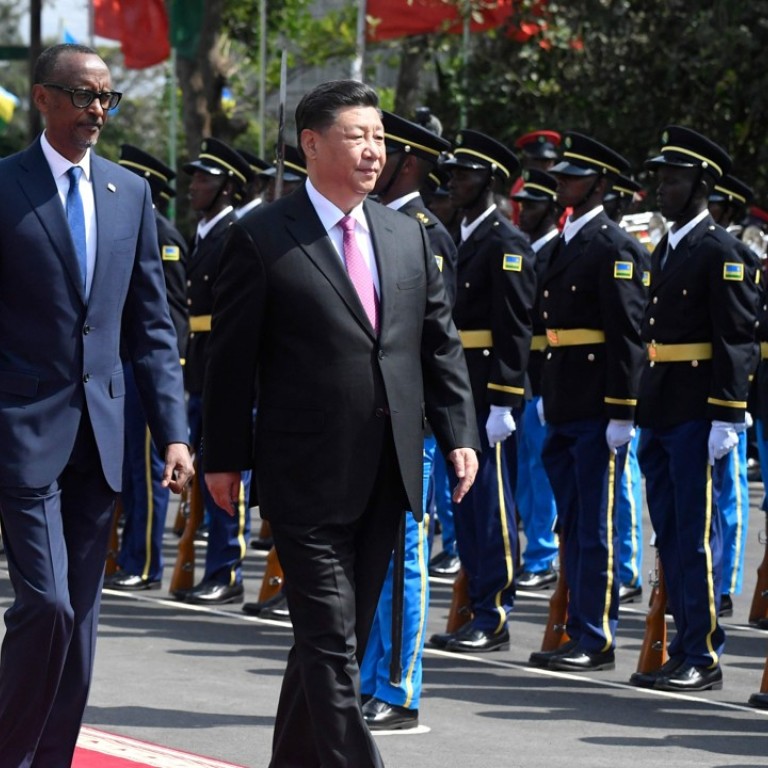
China’s bonds with Africa give hope for a prosperous future
The billions of dollars in deals signed during President Xi Jinping’s trip to Africa promoted an agenda of development, particularly with projects involving the “Belt and Road Initiative”. Africa’s sights for its future are firmly turned on China rather than the West
President Xi Jinping’s recent trip to Africa was about partnership, particularly with projects involving the “Belt and Road Initiative”. The billions of dollars in deals signed in Senegal, Rwanda, South Africa and Mauritius, on the heels of a first stop in the United Arab Emirates, highlighted mutual benefits and promoted an agenda of development. But the relationship is grounded in more than support and respect; Africans also admire and are inspired by China. In the nation’s rise in power and influence over the past four decades they see a model for a prosperous future for their countries and the continent.
Africa is the world’s poorest and least-developed continent and in many countries, circumstances are similar to those of China before the introduction of market reforms in 1978. Then, China’s main foreign exports were raw materials, mainly coal, oil and tin, and its population was poor. But the introduction of special economic zones brought export-driven industrialisation, rapid growth and the lifting of 800 million people from poverty. Senegal’s president Macky Sall understandably told Xi when they met that China’s development was a “message of hope”.
But China is more than inspirational; the infrastructure it can build and its loans and investment are essential to helping African countries move to industrialisation. Too many are still dependent on raw materials for income and that profits only those directly associated with the mines or crops. It also means being held hostage to global commodity markets, which offer rewards when prices are high, but cause financial distress and hardship when low. By putting in place power stations, ports, roads and railways, the belt and road can provide the networks necessary for industrial production and the movement of goods.
There is already a success story – Ethiopia. Hundreds of Chinese companies are based there and products from their manufacturing plants are exported around the world. Senegal and Rwanda, among the continent’s poorest countries, are eager for such development and Xi gave hopes a boost by signing belt and road deals with their governments. Closer ties and friendship were similarly pledged in South Africa and Mauritius, the latter expected to soon strike China’s first free-trade agreement with an African country.
Africa’s sights for its future are firmly turned on China rather than the West. The bonds that have been built will be evident at the Forum on China-Africa Cooperation being held in Beijing in September. Heading the agenda will be aligning the belt and road with national, United Nations and African Union development plans. That will strengthen cooperation and build on the framework already in place that will help achieve goals.

